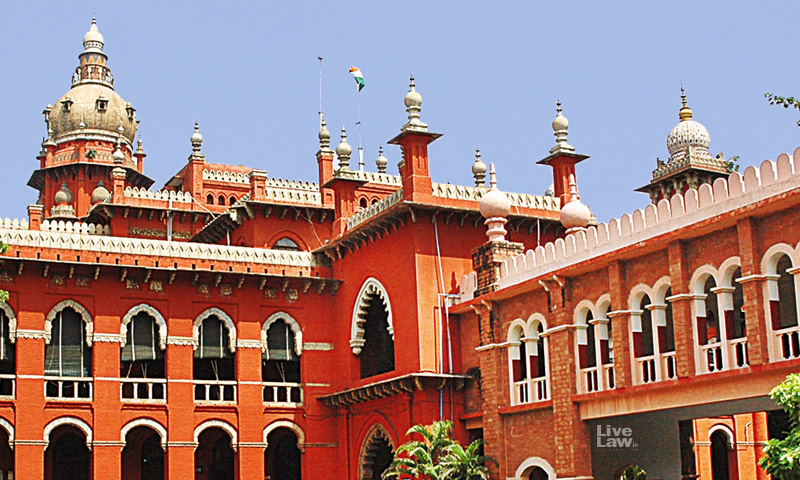Court Cannot Issue Mandamus Directing All COVID Victims To Be Compensated: Madras High Court
Sparsh Upadhyay
9 Jun 2021 10:04 PM IST

Next Story
9 Jun 2021 10:04 PM IST
Hearing two different pleas seeking compensation to kith and kin of people who have died due to COVID (including the Advocates), the Madras High Court observed that the Court cannot issue a mandamus directing all COVID victims to be compensated, irrespective of the financial position that the families may be in.Regarding the plea seeking compensation for dependents or heirs of deceased...
